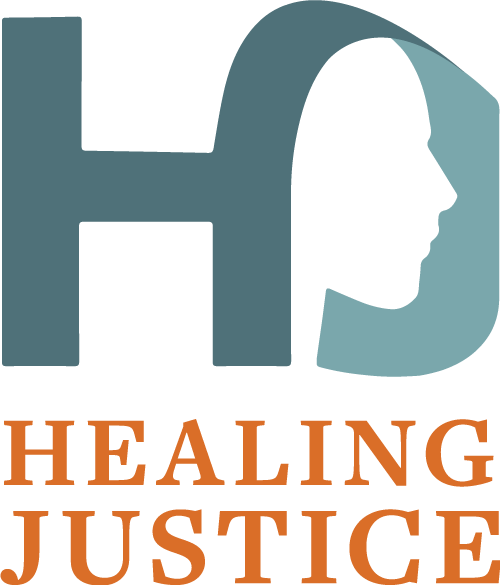Resources for Crime Victims and Families
You are not alone, Healing Justice can support you. You deserve having your voice heard and your needs met. Post-conviction claims of innocence and exonerations can cause deep, complex trauma to the victims and survivors of the original crime. Most victims and survivors in these cases receive too little information and support, and feel alone throughout the post-conviction process. These videos share the individual stories of others directly impacted by these cases and seek to provide peer understanding and support.
Telling my story: Family Members
Family members who have lost loved ones in homicide cases with overturned convictions share their experiences as crime survivors who have fallen outside the reach of traditional victim services. Please note this video contains emotional content.
Telling My Story: Crime Survivors
Survivors of sexual assault crimes share their experiences as original victims with unmet needs in cases involving post-conviction claims of innocence and exonerations. Please note this video contains emotional content.
Peer-to-Peer Support Videos
Peer Support Videos
To protect the privacy of these individuals, the videos are password-protected, and permission must be requested to view them. Please note that these videos involve deeply emotional content, including graphic descriptions of crimes.
Additional Healing Justice Resources
Articles, Publications, and Reports
Article
addressing the impact of wrongful convictions on crime victims
These are the findings of a National Institute of Justice-funded study examining how wrongful convictions affect the original crime victims. Researchers from ICF International conducted in-depth studies to identify the shared experiences and service needs of the original crime victims in 11 cases of wrongful conviction.
Report
Study of Victim Experiences of Wrongful Conviction
Funded by the US Department of Justice, this report highlights the impact of wrongful convictions on victims, as well as the dearth of services available to this population. This report also documents findings from the study and examines the implications for practice and policy.
Article
Informing and supporting original victims of crime during post-conviction exonerations
Written by Jennifer Thompson, Founder and President of Healing Justice, and Michael Gauldin, Police Chief (Ret.), Burlington, North Carolina Police Department, this article discusses the importance of informing and supporting the original victims of crime during a post-conviction exoneration.
Additional Resources
Resource
National center for victims of crime’s victim connect resource center
The VictimConnect Resource Center is a place for crime victims to learn about their rights and options confidentially and compassionately. A program of the National Center for Victims of Crime, it combines:
A traditional telephone-based helpline: 855-4-VICTIM (855-484-2846)
An innovative online chat: https://chat.victimsofcrime.org/victim-connect/
Web-based information and service referrals: VictimConnect.org
With extensive specialized training, Victim Assistance Specialists stand ready to help crime victims understand their rights and options, find information and connect with resources, access referrals, and craft next steps to regain control over their lives.
Resource
National Crime Victim Law Institute
NCVLI fights for victims through legal advocacy, training and education, and public policy. They also house important resources for victims, survivors, and families on their website:



